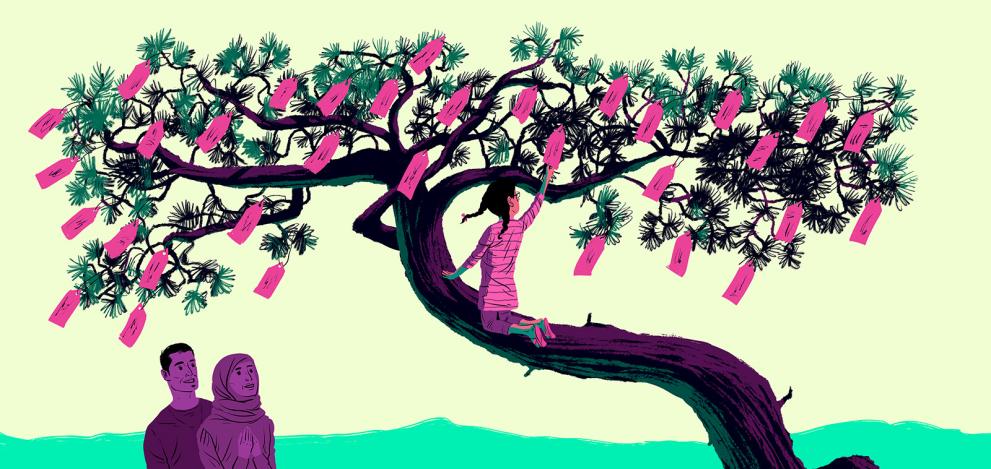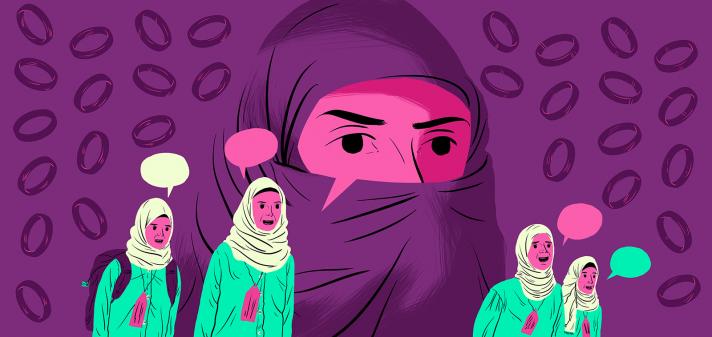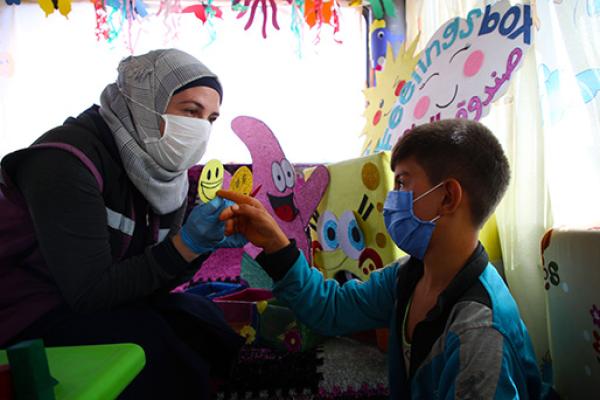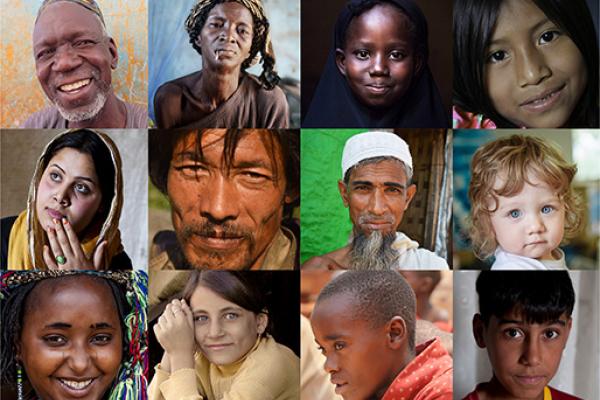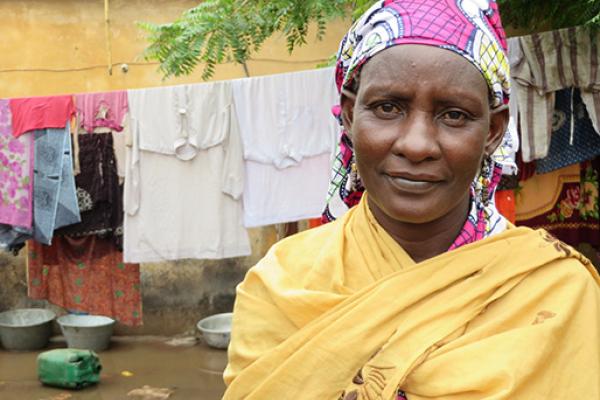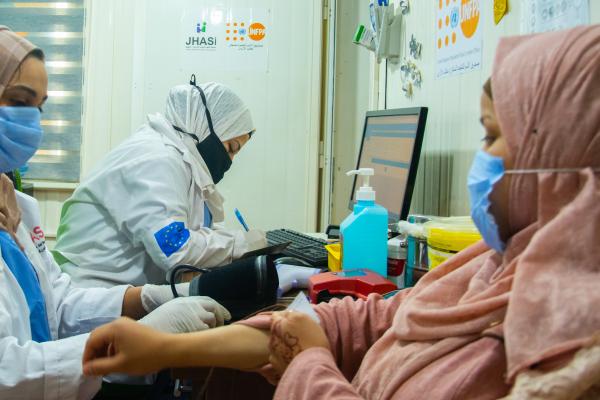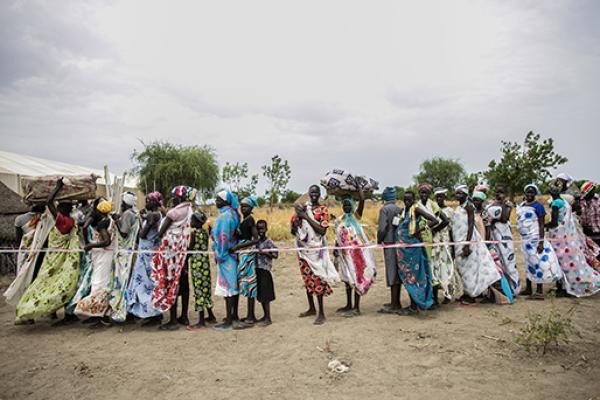For the past 11 years, Syria’s conflict has taken a massive toll on every Syrian, particularly women and girls. What drives them to live another day, despite the myriad of dangers they face? What gives them the strength to disrupt the social norms that limit their lives?
EU humanitarian partner World Vision has joined British illustrator Paul Blow to bring the empowering stories of women and girls to life through animation.
Through their partnership, the EU and World Vision are alleviating the suffering of women affected by gender-based violence, empowering them to achieve their dreams.
Story by World Vision.
All photos: © World Vision/Paul Blow.
In northwest Syria, displaced Syrian women and girls who live in camps in Idleb are defying the embedded social and cultural norms that prescribed their lives as war continues.
Day after day, the EU and World Vision are helping these women and girls with healthcare and support to overcome violence, trauma, and ensure their safety.
Finding their voice to end child marriage
Even before the war, Syrian girls – as young as 13 – were forced into marriage. Almost 15% of Syrian women were married before their 18th birthday.
Conflict and displacement made conditions even worse, and child marriage became a common practice. Aisha*, a 20-year-old literature student and the eldest of 13 siblings shares how she felt when she was forced into marriage at the age of 14.
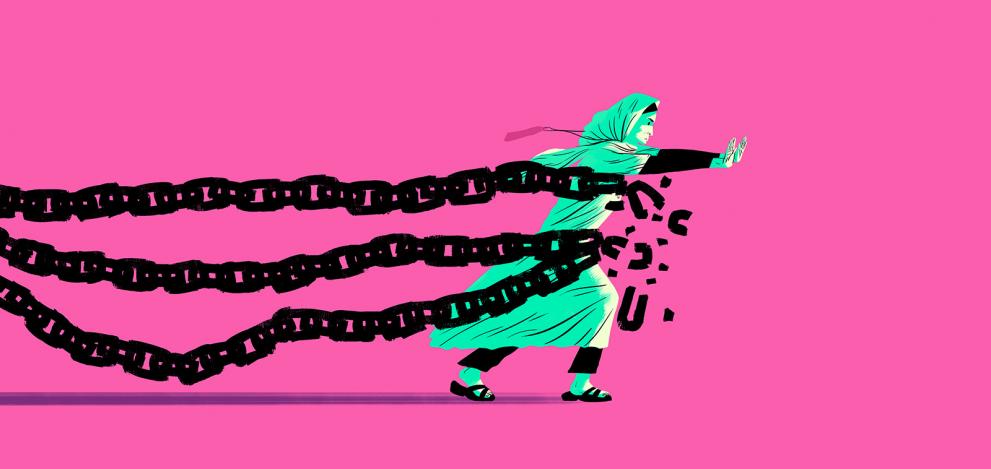
“I was afraid, frustrated and broken. I had hopes. I refused until my wedding day when I told them [her father and her uncle] to get me out of this dress, get me out of this coffin. It was very ugly. Although it [the marriage] only lasted for 20 days before I found the courage to leave this new family and go back home, those 20 days were enough to destroy me for 20 years ahead.”
Now Aisha pushes back against the violence endured by women and girls in her community as she strives to empower her peers: “I feel powerful and useful when I raise awareness in the university and the camps against child marriage and violence against women.”
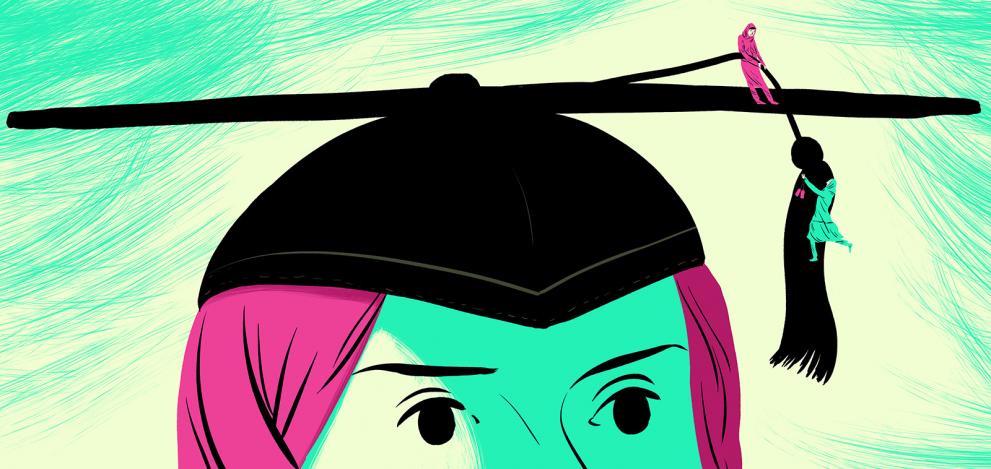
Some 595 attacks have been reported against medical facilities in Syria between March 2011 and 2021. Medical staff like Rahmeh* are risking their lives every single day to protect those fleeing war and persecution.
Previously a nurse, and now a midwife, the 44-year-old displaced mother had to pass her medical exams while the bombing destroyed her village and her house. “The bombing would start, and my husband and children were hiding in the bathroom, but I had to do the exam and could not join them. I knew women would need my help more than ever.”
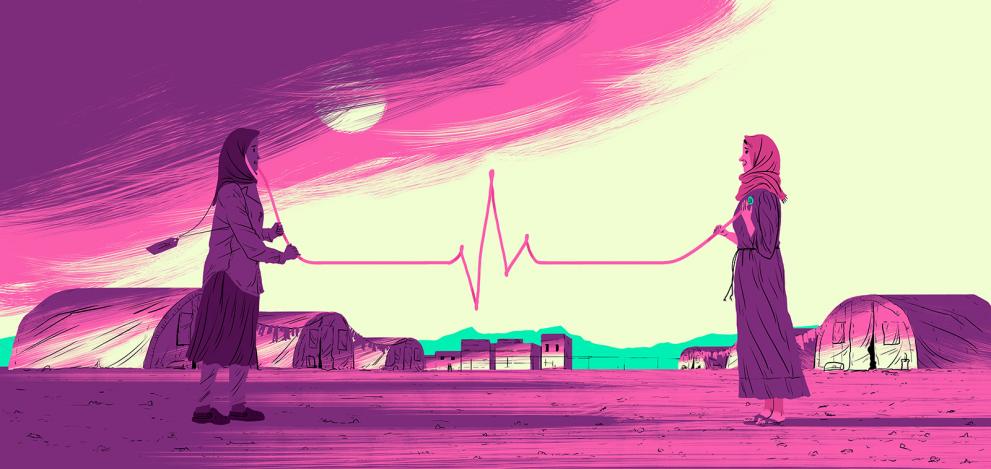
“The resilience of Syrian women as their lives took a turn for the worst due to conflict and economic hardship is nothing short of admirable,” said Luigi Pandolfi, head of EU Humanitarian Aid Operations in Syria. “The European Union is committed to helping the girls and women who need it most to be safer, healthier, and gain more control over their lives.”
Keeping dreams alive
Those who fled their homes treasure the happy memories of the past, and their dreams. Children tell us how they still dream of being teachers, doctors, and artists despite the traumatising journey they had to embark on as they saw their homes destroyed.
Jamila* says the most important thing for her is going back to school and making her dream come true – being a teacher and supporting her family with money.
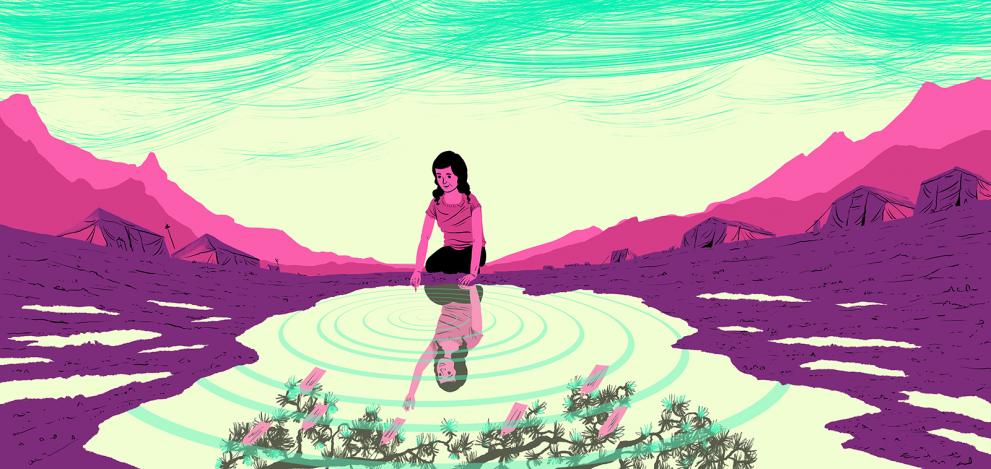
Now aged 15, Jamila left her home shortly after starting first grade. But her parents and the caseworkers at the EU-funded centre run by World Vision made it possible for her to go back to school.
“I have new friends in the camp, and they help me read and write, and they take me to school with them and encourage me to study. I hope the teachers will continue to support us and teach us to become better and I dream that all children will go back to school and work on their dreams.”
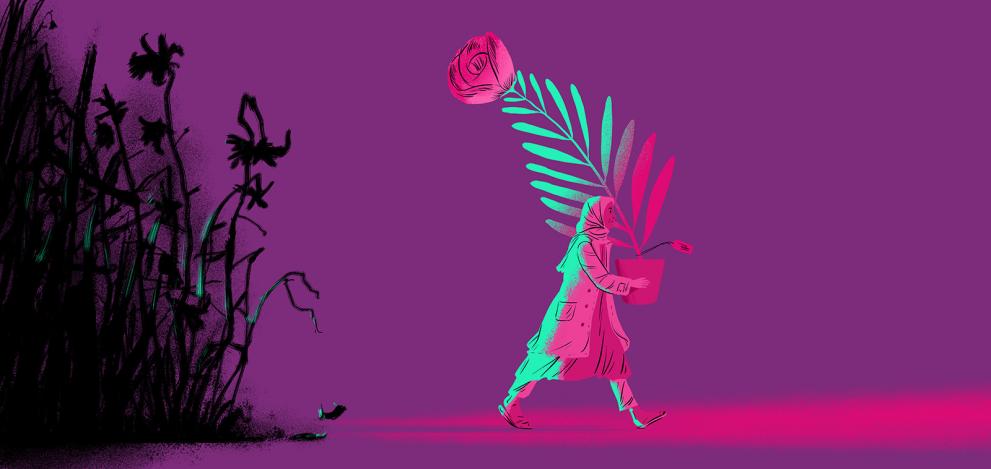
With EU humanitarian funding, World Vision has been delivering protection and health services in Northwest Syria to affected displaced women, men and children since 2019. Since June 2021, almost 14,000 Syrian girls and boys received the care they needed.
Sheltering their children’s dreams from war and fear
Children feel safe when their mothers are safe and doing well. Despite having less than they had before, having to rebuild their life in the camp, and having to make new friends, this can be possible.
Aida*, who was displaced 4 years ago with her 3 children, describes the power of being listened to and supported.
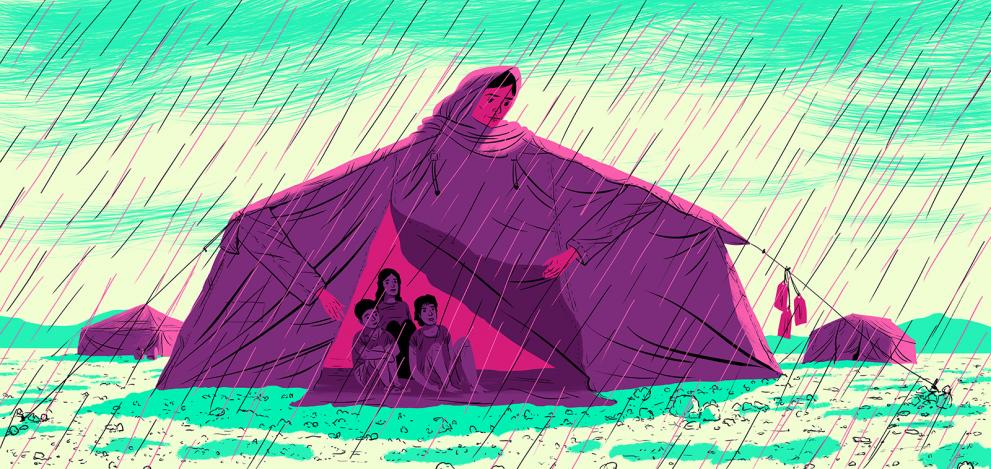
“What is making me happy here are my children and that there are people who listen to me and support me. I love coming to the centre where I also feel safe”, she explains.
Aida managed to find the strength and support she needed at the EU-funded safe spaces for women provided by World Vision.
She regained a sense of dignity in the camp where she lives now. Despite her blindness and the difficult experiences, she is happy, and so her children are too.
Publication date: 10/05/2022
